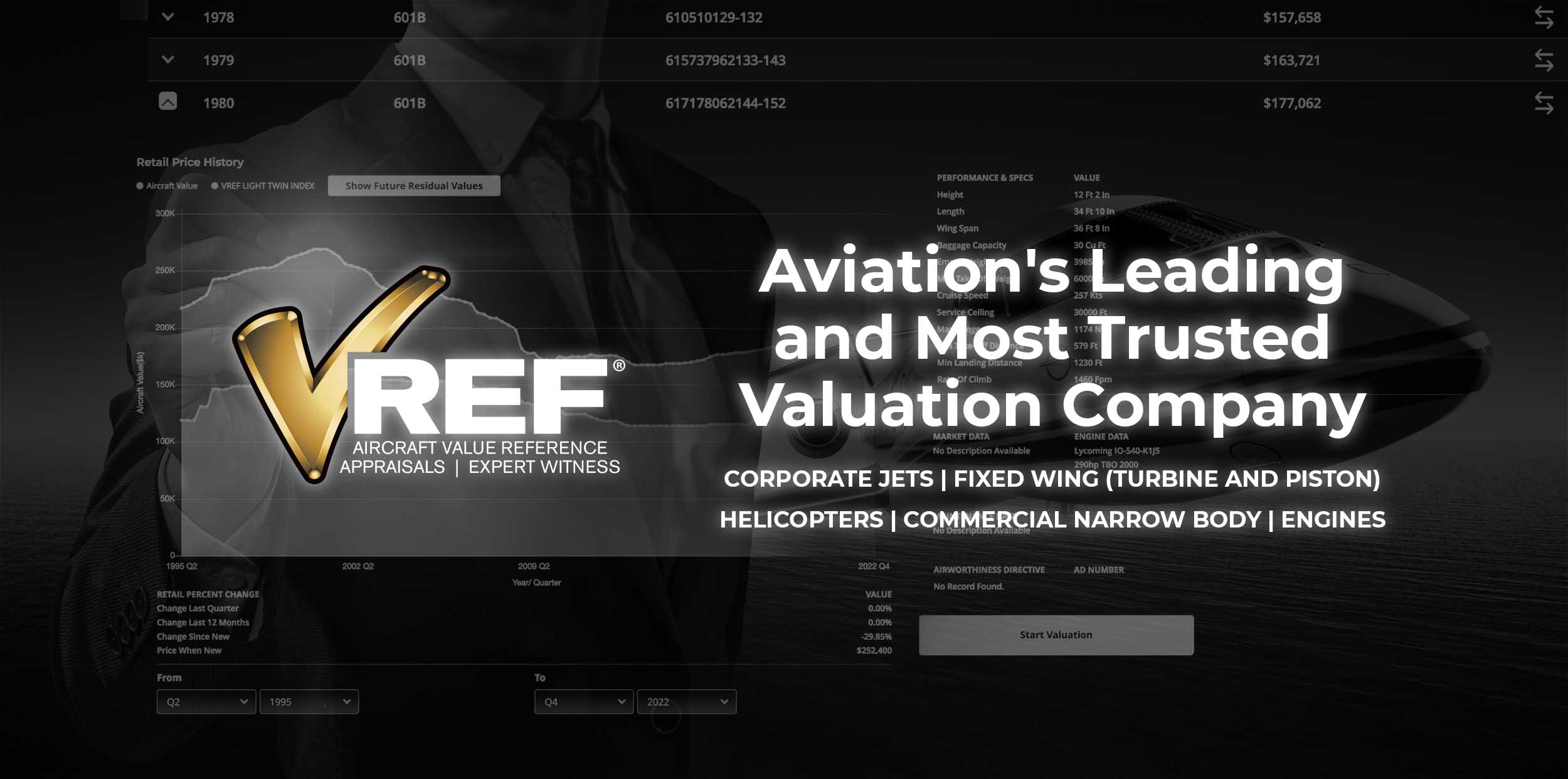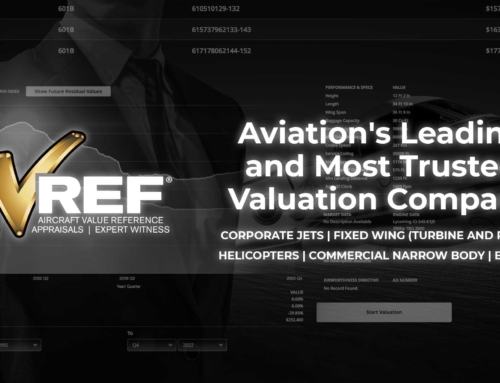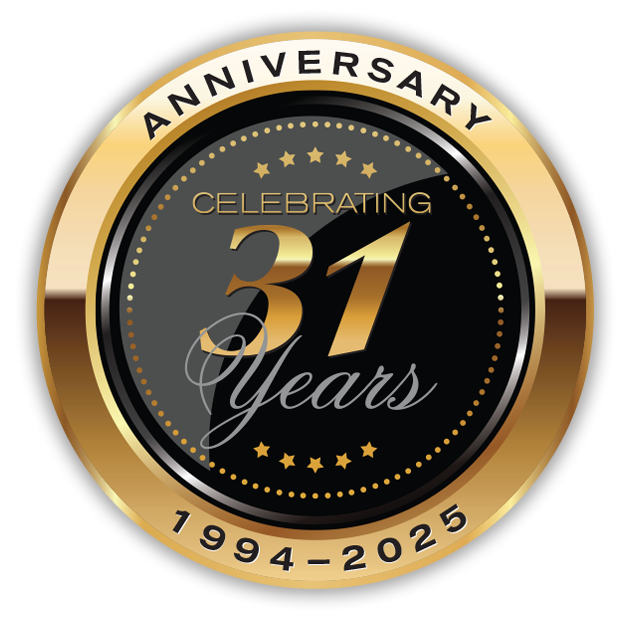After years of experience specializing in new and used aircraft markets, you better believe ASA Accredited Appraisers in aviation have seen it all.
There’s an old saying that goes, “You could put 10 appraisers in a room, and you’d simply end up with 10 opinions.” And while there may be some truth to this, ultimately, people want to know who’s right and who’s wrong. So when it comes down to it, who is to say which opinion is more reliable?
Uncover the answers to this and other questions directly from an ASA Accredited Appraiser in aviation.
Need an aircraft appraisal? Contact us to get started.
7 Questions Answered By An Appraiser Specializing In New And Used Aircraft Markets
From recycled scams and fake certificates to knowing who to trust for your aviation appraisal and beyond, the following are answers to the top 7 FAQs for aviation appraisers.
1. What Defines An ASA Accredited Appraiser In Aviation?
Yes. There is a true definition of what makes an ASA Accredited Appraiser. Because an appraisal is an opinion value, it’s important to know who’s performing the appraisal and whether or not they have tangible experience specializing in new and used aircraft markets.
VREF’s ASA Accredited Appraisers are members of the American Society of Appraisers. This is the only professional appraisal organization that covers all 6 appraisal disciplines including Machinery and Technical Specialties (MTS), which is what aircraft fall under.
A Snapshot Of ASA Membership Requirements
Members must have or have adhered to the following to be considered an ASA Accredited Appraiser:
- Rigorous training requirements including 120 hours of in-classwork and a minimum of 2 to 5 years of experience as a full-time appraiser
- Numerous exams including an ethics exam
- USPAP training
- Passing the USPAP test
- Thorough background check
- Education
- Years of professional experience
- Approval of written report by the Board of Examiners
In addition to the more technical guidelines, there’s another aspect that your appraiser should have to be successful – and that’s a gut feeling to spot scams from a mile away. After 30 years in the industry, we’ve seen it all before. Yet, when trying to cut corners on an appraisal, many people instead end up falling for costly scams.
RELATED: American Society of Appraisers (ASA) Appraisal Methodology Guide
2. How Do You Know Whether You Can Rely On An Appraisal?
Before hiring an appraiser of any kind, look for both credibility and reliability. In aviation, credibility is earned through referrals. Many appraisers rely on word-of-mouth connections from repeat customers on an individual and corporate level. Authentic referrals cannot be bought.
Because aircraft appraisals are so specialized and technical, it’s essential to know what kind of aircraft experience your appraiser has. Oftentimes, we see many appraisers that have never even been on board an aircraft much less owned and operated one.
If you’re just getting started, we suggest comparing appraisals from various organizations over time to get a better idea of what you should expect. An inexperienced appraiser will reveal themselves fairly quickly. In fact, when you do notice differences, your appraiser should be able to back up their numbers with current market information and their substantial knowledge across all aircraft types.
3. Why Won’t Tier 1 Lenders Accept An Appraisal From A Borrower?
What many people don’t know is that the bank takes the appraised fair market value and uses that for its underwriting. So, if they are willing to loan you 80% of the purchase price of an aircraft, you still need to put down 20% based on the fair market value that the appraiser comes up with.
We’ll use an example of an aircraft that costs $100,000. The bank, in this case, will loan you 80% or $80,000 over 12 years to pay it back. You as the buyer would put down 20% or $20,000 of the purchase price of $100,000. Here’s where many people get confused…Yes, you will be paying a hundred grand for your aircraft but it doesn’t mean that’s what it will appraise for.
There are many appraisers, unfortunately, that are asked to do work by borrowers because that fair market value (FMV) number is predetermined to assist them in lowering their loan-to-value requirement. This is exactly why any Tier 1 lender won’t accept an appraisal from a borrower. They must order it directly for it to be reliable. And that right there is the big difference between credibility and reliability.
4. How Much Does An Aircraft Appraisal Cost?
Next to your home, your aircraft may be your next most valuable asset. In some cases, it may be worth more than your home – think Boeing’s 757 or any of Gulfstream’s private jet models.
Understandably, no one wants to spend more money than they have to. However, it’s much better to spend a few thousand dollars for a professional appraisal now to best prepare yourself and your family for life-altering incidents like marriage, divorce, death, and taxes.
In fact, we suggest getting any asset you value appraised. Whether you own collectible sports memorabilia or heirloom jewelry, the last thing you want to do is over or underinsure assets you truly treasure.
5. Can I Simply Use An Aircraft Valuation Instead Of Paying For An Appraisal?
The answer to this question depends on what you’re using it for. A valuation is more like a 4-page snapshot of what your asset is worth based on current and historical market data. If you’re looking for general aircraft information, a valuation may be ideal.
A professional aircraft appraisal will be much more comprehensive. It should be about 60 pages worth of reporting including detailed information about market activity, logbooks, records, and more. This type of report is USPAP and IVS (PDF) compliant and capable of being used for legal purposes if needed.
6. How Do People Become ASA Accredited Appraisers In Aviation?
In this industry, we find that appraisers emerge in 1 of 2 ways…
The first group of appraisers are usually people who have worked their way through the industry and have accumulated a ton of experience doing other jobs within aviation. It’s often because of their wealth of skills and knowledge that they get into appraising.
This group of aircraft appraisers often have the hands-on experience they need to ask the right questions and acquire the necessary documentation to include all pertinent information in their reporting. This is especially valuable for aspects such as required scheduled maintenance.
The other group of appraisers we run into typically includes a younger crowd of people who have gone down the analyst and/or researcher route in their careers. They don’t have much or any real-world, hands-on experience in aviation, so these reports tend to follow a linear process. In cases where vital information like scheduled maintenance is missed, that required maintenance could end up costing 25% of the aircraft’s whole value.
Don’t take the chance! Trust the experts that live and breathe all things aviation.
7. What Do You Give Credit For And Deduct Value For When Appraising An Aircraft?
Photos are not enough to conduct an accurate appraisal. Without having seen hundreds if not thousands of aircraft in person, a bunch of pictures of the inside of an airplane won’t do much to verify anything at all. Even with a list, there must be a visual check to confirm all that is mentioned as well as the condition it is in.
For this reason, financial institutions use appraisals to prevent fraud. Insurance companies use this information to confirm that the asset and its parts exist and are installed the way it has been documented. This is largely because issues arise with maintenance in aviation.
Because some parts are removable like the propellor or engine, occasionally, one will send that part to a maintenance facility and not pay them. That maintenance facility will then, in turn, file a lien on your engine. The bank that lent the money doesn’t know what happened until the lien gets filed, which usually results in a breach of your loan agreement. Each aspect of this situation is a recipe for a loan default.
Thousands Of Completed Aircraft Appraisals And Counting
It’s true – some people get paid to produce a predetermined figure knowing it isn’t accurate or unbiased.
When you rely on VREF’s team of ASA Accredited Appraisers, numbers are not simply pulled out of thin air. We back them up with substantial knowledge across all aircraft platforms, makes, models, and cabin classes.
Furthermore, we’ve operated and maintained aircraft ourselves, including engaging ourselves in the buying and selling processes along the way.
When automated reports don’t feel adequate, it’s time to use a different approach. Contact VREF today.





